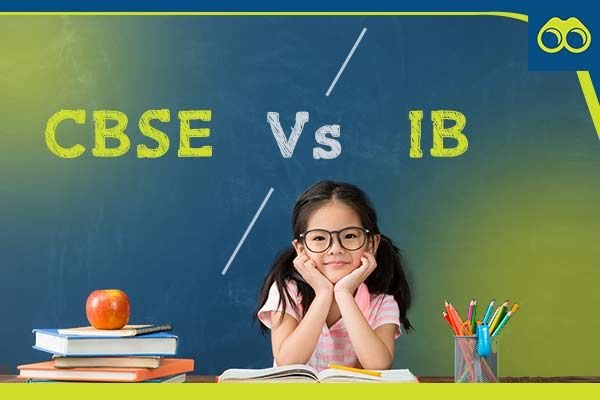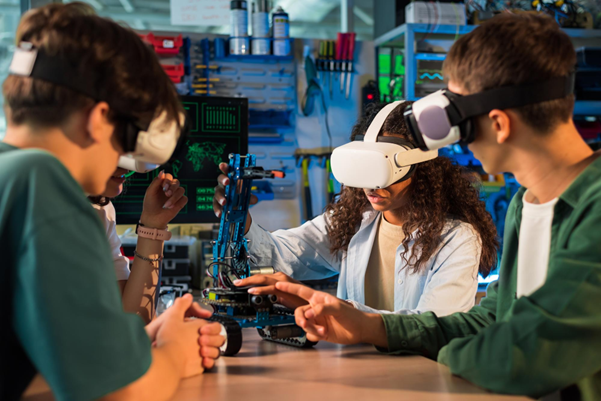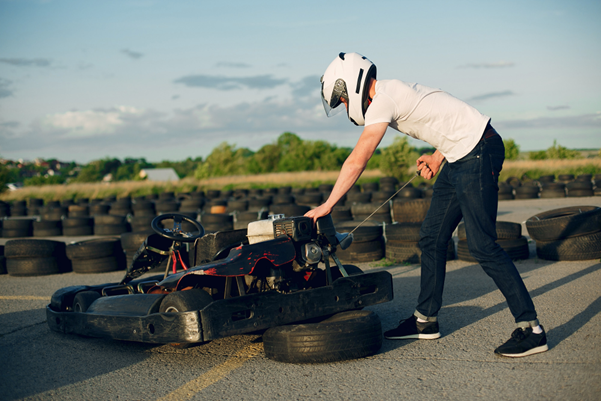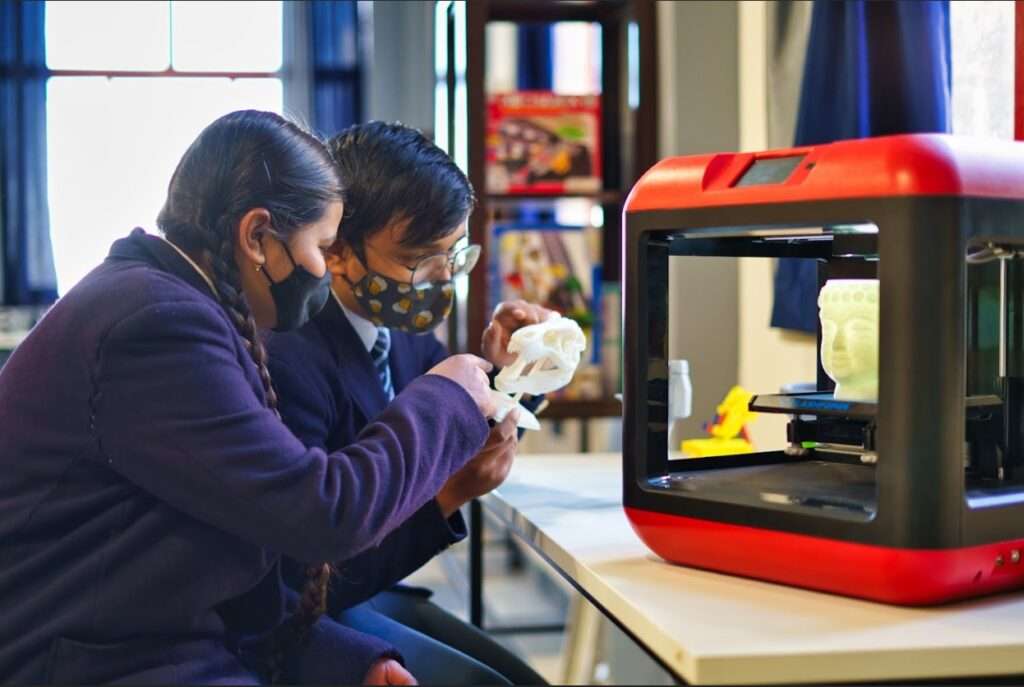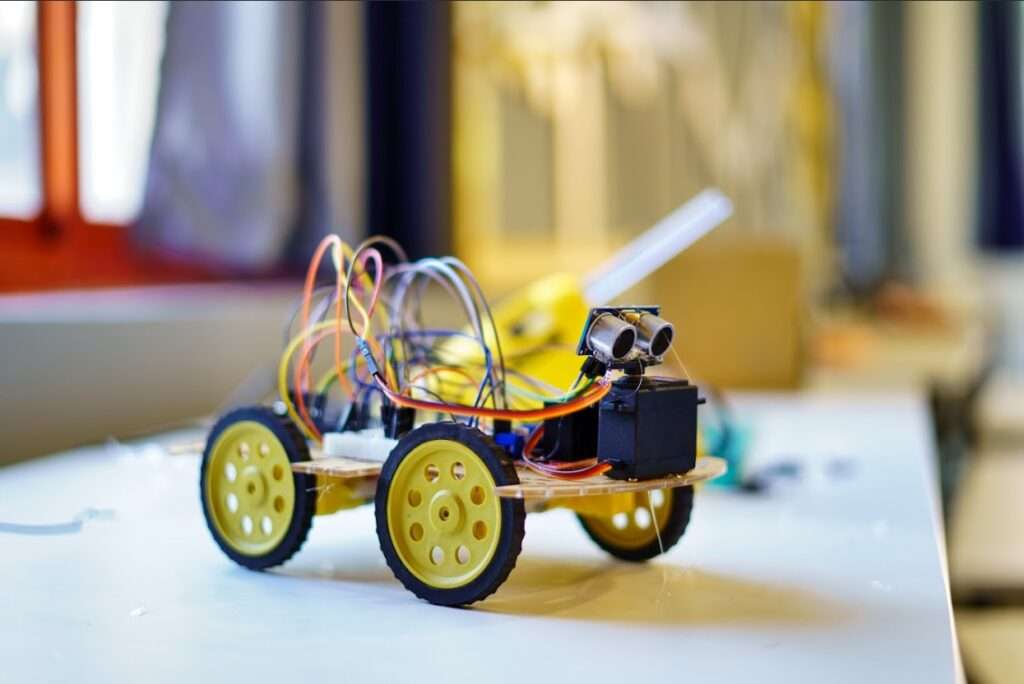CBSE or IB: Which board truly prepares your child for the future?
CBSE and IB both aim to prepare students for the future, but follow very different approaches. CBSE is a structured, exam-focused curriculum emphasising core academic subjects such as science, mathematics, and languages. It is designed to build strong conceptual clarity and problem-solving skills, which help students excel in competitive exams like JEE and NEET that are important in India.
The curriculum is relatively lighter and more uniform across schools, making it accessible and affordable for a broad range of students within the country. CBSE also integrates skill-based education and life skills to enhance employability and holistic development.
On the other hand, the International Baccalaureate (IB) offers a student-centred, inquiry-based learning model that encourages creativity, critical thinking, research, and global awareness.
The IB Diploma Programme combines academic rigour with interdisciplinary projects and continuous assessment instead of a heavy focus on final exams. It promotes real-world application through components like the extended essay and creativity, activity, and service (CAS) projects, fostering well-rounded development. IB is globally recognised, making it preferable for students seeking international university admissions and global career opportunities.
The choice depends largely on a student’s learning style and future goals. CBSE suits those aiming for Indian higher education and competitive exams with a streamlined academic path. AI appeals to those desirous of a more flexible, holistic education with an emphasis on analytical thinking and global mobility.
In conclusion, CBSE focuses on academic foundation and exam preparedness primarily within the Indian context, while IB prioritises global competencies, critical inquiry, and lifelong learning skills. Parents and students should weigh these factors and choose the curriculum best aligned with their aspirations.

